Colton Pace
More posts from Colton Pace
Like many things in life, building great businesses is all about timing. We’ve seen multibillion dollar failures from the dot-com era such as Pets.com and Webvan be reincarnated a decade later as Chewy and Instacart — this time as runaway successes.
The same could be said about real estate technology companies, but startups in this category have not gotten the same opportunity and attention as their peers in other sectors.
For decades, proptech has received the short end of the stick. Real estate is the world’s largest asset class worth $277 trillion, three times the total value of all publicly traded companies. Still, fintech companies have received seven times more VC funding than real estate companies.
These lower levels of investment were previously attributed to the slow rate of technology adoption and digitalization within the real estate industry, but this is no longer the case. Companies in real estate are adopting innovation faster than ever. Now, 81% of real estate organizations plan to use new digital technologies in traditional business processes and spending on tech and software is growing at over 11% per year. Technological adoption has even accelerated throughout the pandemic as enterprises were forced to quickly adapt.
Historically, the strength or weakness of the broader economy and the real estate industry have been tightly coupled and correlated. While some may point to COVID-19’s negative impact on certain parts of real estate as evidence that proptech can only thrive in boom times, I believe building a successful proptech company is less about anticipating economic upswings and markets and more about timing and taking advantage of the right technological trends. In short, this is as good of a time as any to start a proptech company if you know where to look.
History is littered with examples of companies that have done just this. Let’s take a look at three:
Procore
- Founded: 2002.
- Early traction: Used by celebrity housing projects in California.
- Inflection point: 2012 (people start using iPads and smartphones on job sites).
- Today: $5 billion valuation as of May 2020.
Procore was founded in 2002 in the aftermath of the dot-com bust, well before widespread WiFi and five years before the iPhone. The company saw the capability for software and technology to transform the construction industry long before practitioners did. Its team faithfully and stubbornly kept at it through the financial crisis, but only had $5 million in revenue by 2012. Here’s where the timing kicks in: At this time, iPads and smartphones had become more common on worksites, enabling widespread adoption.
Realizing this change in-market and adapting to it, Procore strategically priced its product as a subscription, rather than based on headcount, as was typical in the industry. In this way, early customers like Wieland and Mortenson got their subcontractors and temp employees to use the product, which then created a flywheel effect that spread Procore to other projects and clients. Fast forward to today, Procore now has more than $290 million in ARR and is valued over $5 billion.
Procore’s persistence and agility ultimately enabled it to capitalize on the right technological trends and shifts, despite what initially seemed like a poorly timed decision to start a software company in a recession. Procore is now on a venture exit path as it continues to acquire new-age proptech companies like Avata Technologies, Honest Buildings and BIMAnywhere.
Zillow
- Founded: 2006.
- Early traction: Launched with 1 million website visits.
- Inflection point: 2009 (financial crisis mindset).
- Today: Public — $27 billion market capitalization.
Zillow was founded by the co-founders of Hotwire and Expedia. While that might not seem relevant, the vision to bring transparency to consumers is the connecting line, the mission being to provide access to siloed data and knowledge to previously convoluted industries. Before Zillow, homeowners did not know how much their house was worth. With Zillow’s Zestimate, consumers can put a price tag on every roof across North America.
The largest difference between Zillow and Hotwire/Expedia is that real estate transactions require another third party. This requirement provided a unique monetization opportunity for Zillow — and to this day, 75% of Zillow’s revenue comes from advertising by third parties on its consumer platform. Zillow launched in 2006 with timed publicity from Business Insider, The Wall Street Journal and The New York Times. On day one, more than a million visitors crashed its website. The 2008 financial crisis was both Zillow’s biggest gift and curse. At the beginning, it looked grim. It seemed that the crisis would sap the energy out of a hot real estate market, and consequently Zillow’s traffic and advertising dollars.
9 top real estate and proptech investors: Cities and offices still have a future
Subsequently, Zillow had to undergo widespread layoffs. But the surprise twist was that the company later found its footing by helping consumers navigate the shifting, volatile new reality of the housing market. The housing market, interest rates and what homes were worth were front of mind across the nation. Zillow’s meteoric rise followed and it IPO’ed in 2011.
ServiceTitan
- Founded: 2010.
- Early traction: Family business and spread by word-of-mouth.
- Inflection point: 2015 (widespread mobile adoption).
- Today: $2.3 billion valuation as of May 2020.
ServiceTitan was born as a software product designed to help the founders’ family-owned air conditioning repair and plumbing businesses. At the time, the conventional wisdom in software sales was that larger enterprise customers were preferable to SMBs given the tendency of high churn and inefficient CAC. But the ServiceTitan team saw an enormous opportunity in the $400 billion home services market, and for five years, the founding team worked alongside local home service contractors to build an all-in-one software tool to help track and generate more sales.
ServiceTitan strategically shifted from a licensed desktop application to a SaaS model, which allowed them to bring their software onto iPads and smartphones. As service contractors started using mobile devices more widely, ServiceTitan’s solution was ready. Bessemer Partners led its $19 million Series A funding round in 2015. With a full wallet and nationwide publicity, ServiceTitan explosive growth followed. They were prepared at the right time to capture the latent demand unlocked through new technological adoption. Now ServiceTitan is valued at over $1.65 billion and is trusted by over 2,500 service companies.
Through this small sample of successful venture-backed companies in real estate, you can clearly see timing the right trends is a persistent theme. Each company not only brought new-age technology to a previously antiquated industry, but was able to do it despite the peaks and valleys of the broader economy. All three of these companies floundered for several hard years before things clicked. The persistence and dedication eventually led to mass adoption.
The inflection points were typically catalyzed by unique circumstances such as the adoption of iPads (Procore), the financial crisis housing bubble (Zillow) or the general acceptance of new technology by laggards (ServiceTitan). For each company, a set of circumstances opened the gates to extraordinary growth and adoption. All three companies were persistent and upon seeing this opportunity were prepared to take it by storm.
The COVID-19 pandemic has changed the world around us in so many ways, but these changes bring new opportunities. Given the current environment and the uncertainty that surrounds it, both founders and investors must remain diligent in which proptech segments and companies they choose to pursue. Here at Fika, we are monitoring these opportunities and looking for companies that we believe can take advantage of the real estate industry at this unique moment in time.
Trends we are monitoring
| Trend | Description | Opportunities for startups? | Company Examples |
| Improving real estate data | Typically siloed data has now been centralized and made accessible through public records and data providers. |
|
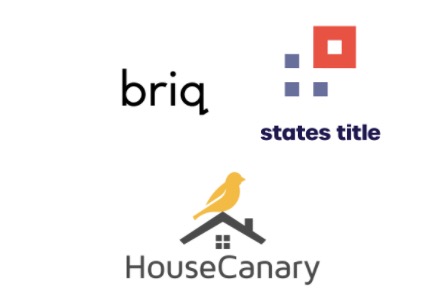 |
| Record low interest rates | The lowest interest rates in modern history lead to more transactions, higher spending, etc. |
|
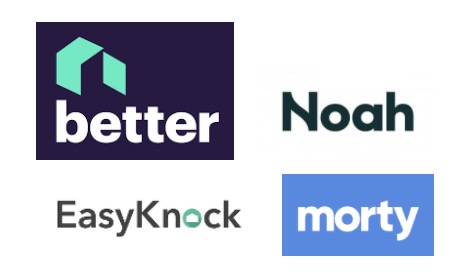 |
| Revaluation of commercial RE | Following COVID-19, the majority of commercial real estate is being used in a different manner, generating a different amount of income. |
|
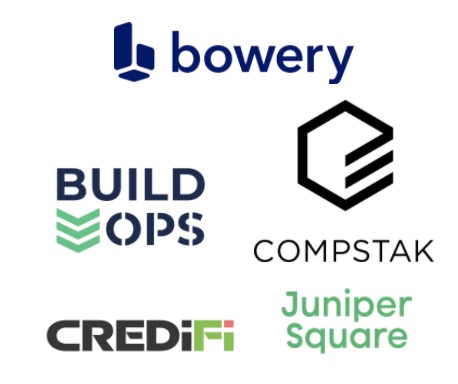 |
| Fast-moving housing market | The housing market has low supply and high demand continuing throughout the pandemic. Many people are moving to atypical areas given remote work. |
|
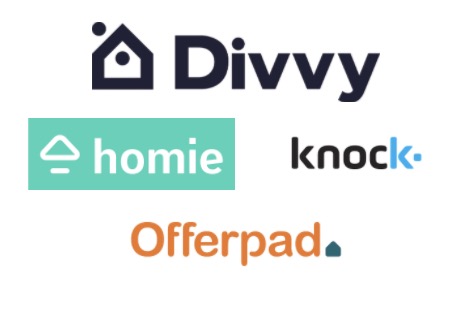 |
| Changing homes | Spending more time at home, more owners than ever are adding home offices, redoing backyards and ADUs for passive income. |
|
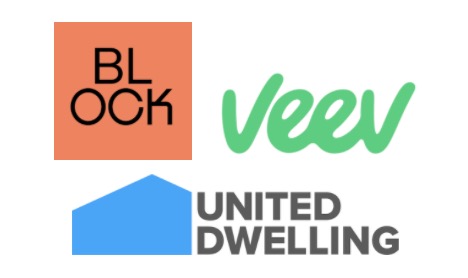 |
| Social distance in the workplace | For those who are still going into the office, there are new rules: time shifts, plastic dividers, limited capacity, etc. |
|
|
| High delinquency rates | With increased unemployment, the delinquency rates for renters especially have increased substantially. |
|
 |
| Smart buildings and IoT | The advancement of in-building technology enables new capabilities across all types of real estate. |
|
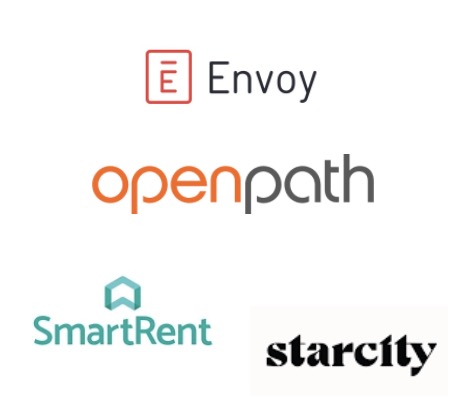 |
| Changing real estate sales dynamics | Viewing properties remotely and safely has become the new norm. VR and AR adoption will accelerate as a result. Automation through sales processes will continue. |
|
 |
| Environmental, social and corporate governance (ESG) | The rise of ESG within real estate will continue to be a positive trend from the bottom up. Reinvesting in communities and the environment is both economical and socially responsible. |
|
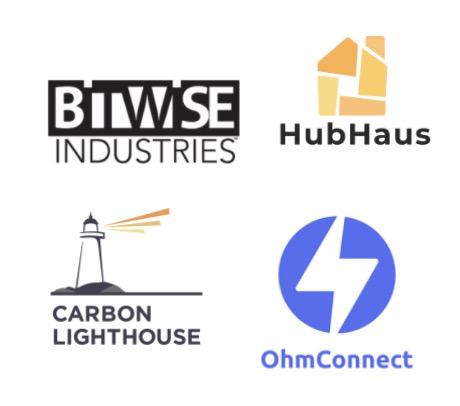 |
Certainly, some of the changes caused by COVID-19 are here to stay and as such, the timing is right for more investment in real estate technology. Many young companies in this environment are going to struggle, but some companies will thrive. Persistent founders who have prepared for this time are champing at the bit.
My primary focus as an investor will be identifying these founders and startups for investment within the real estate industry. If you or someone you know is starting a company in the proptech space or would like to connect, contact me at colton@fika.vc.
Construction tech startups are poised to shake up a $1.3-trillion-dollar industry

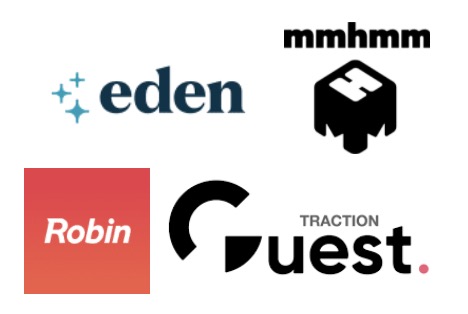






























Comment